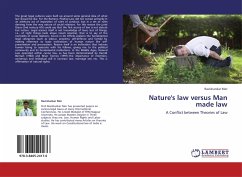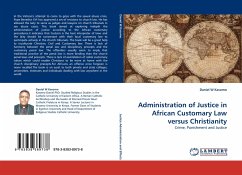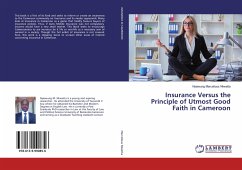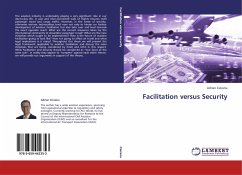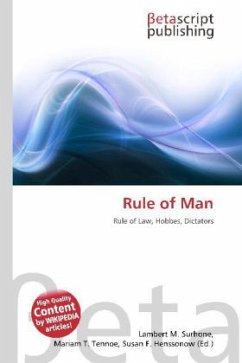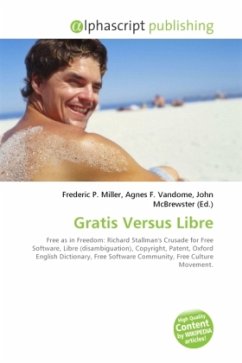The great legal cultures were built up around some general idea of what law should be like. For the Romans, Positive Law did not consist primarily in an arbitrary act of imposition of rules of conduct, but in a set of rules deriving from the very nature of social relations. For this reason the jurist Gaius (2nd century AD) could say that the first source of law is not statute but nature. Legal science itself is not knowledge of laws, but of things, i.e., of right things (iusti atque iniusti scientia), that is to say of the normality of social relations. Cicero in De Officiis explains the fundamental legal categories (such as labour, property, self-defence and family) by making reference to basic inclinations of human nature like self-preservation and procreation. Reason itself is an inclination that induces human being to associate with his fellows, giving rise to the political community and its fundamental institutions. In the Middle Ages, Natural Law operated within canon law, as has been demonstrated by Harold Berman (1983) and Brian Tierney (1997) the importance of intention, consensus and individual will in contract law, marriage law etc. This is affirmation of natural rights.
Bitte wählen Sie Ihr Anliegen aus.
Rechnungen
Retourenschein anfordern
Bestellstatus
Storno

